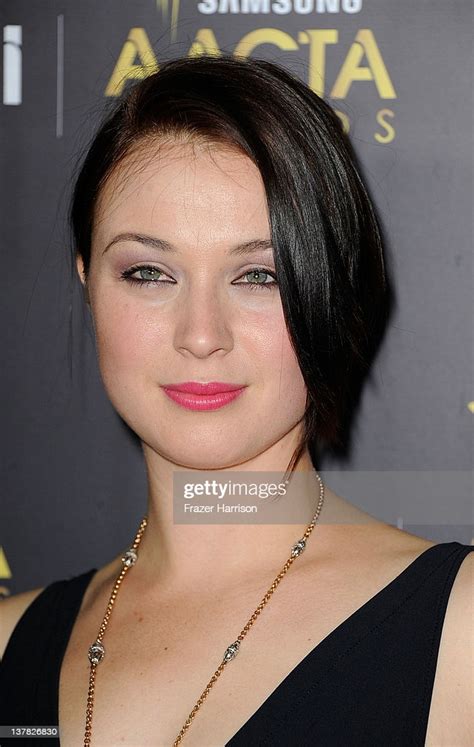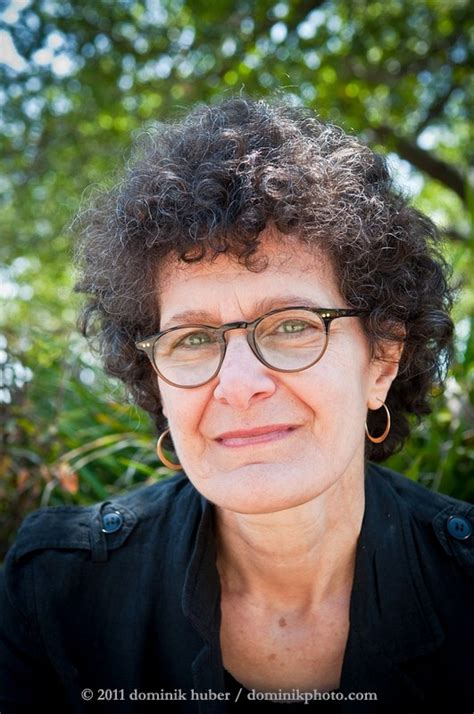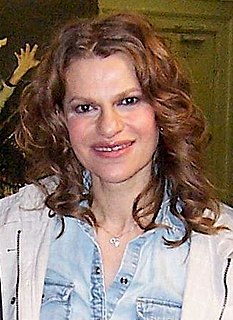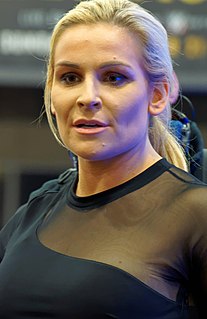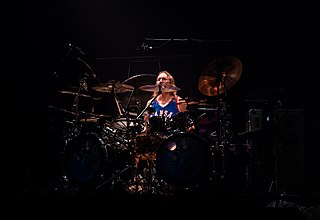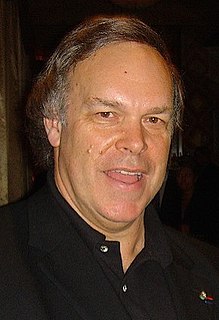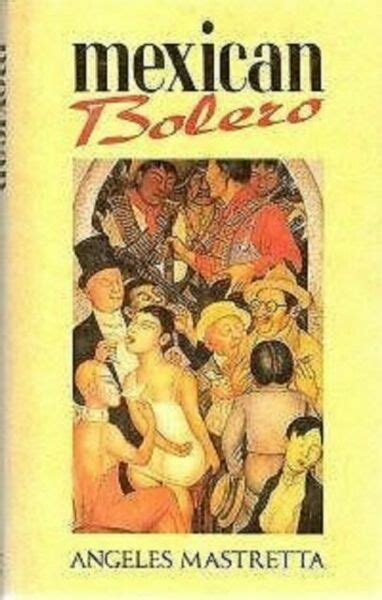A Quote by Robin McLeavy
My mom was an environmental activist in Australia in the late '60s and '70s, and I guess I've inherited that awareness from her.
Related Quotes
When I began writing poems, it was in the late 60s and early 70s when the literary and cultural atmosphere was very much affected by what was going on in the world, which was, in succession, the civil rights movement, the antiwar movement, and the women's movement in the 60s, 70s, and into the early 80s. And all of those things affected me and affected my thinking, particularly the Vietnam War.
What we know is that the environmental movement had a series of dazzling victories in the late '60s and in the '70s where the whole legal framework for responding to pollution and to protecting wildlife came into law. It was just victory after victory after victory. And these were what came to be called 'command-and-control' pieces of legislation.
